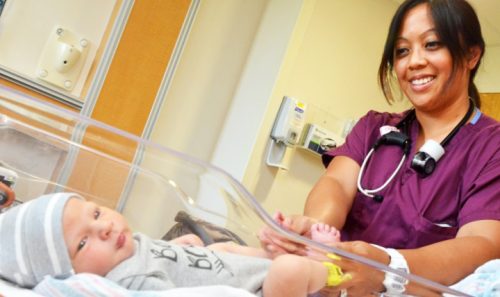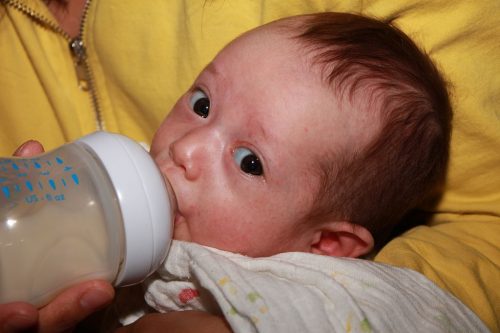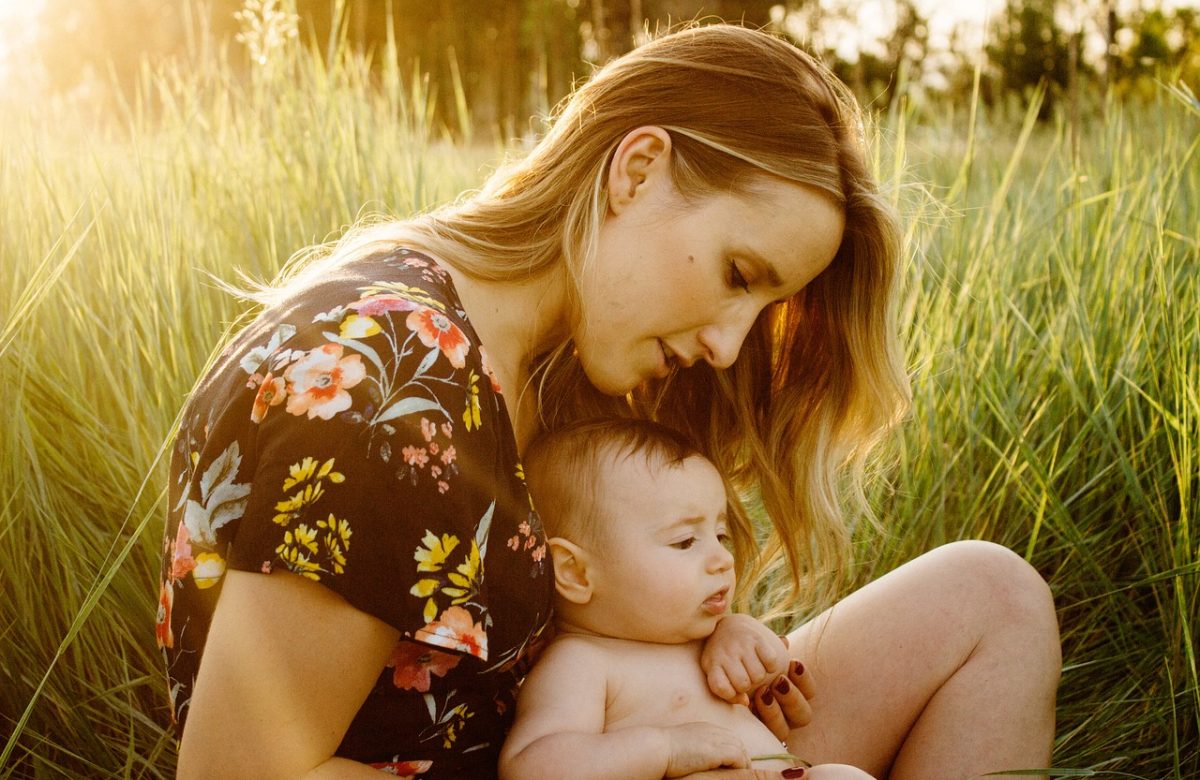
One of the most exciting feelings we could ever experience is awaiting a new-born baby’s arrival at home. Everyone in the family must be ready and thrilled to see and touch your angel. The grandparents, aunts, uncles, and other relatives are all lining up to find out from whom your baby got his eyes and lips.
As first-time parents, there are things you should know when it comes to preparing the house, the nursery room, all the baby stuff, and everyone for the arrival of your bundle of joy. Remember that your baby is still fragile and could use all the precautions to ascertain his safety.
What First-Time Parents Should Keep In Mind:
- Make sure the nursery is clean, and as much as possible, use light and plain sheets for your baby’s bed. There are times when parents wonder why their baby has many insect bites in the morning. Having a light and plain layers will allow you to see insects crawling on your baby’s bed. You will also be able to see and get rid of dirt quickly.
- Do not put piles of blankets in your baby’s crib. There are many incidents where parents lost the life of their precious angel with suffocation. Maybe they were trying to make their baby feel comfortable and warm at night that they did not anticipate him moving, making the blanket cover him entirely. Avoid making the same mistake that you will absolutely

- If you are planning on bottle-feeding, make sure that all bottles are clean and sterilized to avoid any infection caused by bacteria buildup in your baby’s bottles. “Clean tap water is often fine to mix with formula,” says Julie L. Capiola, MD. She adds “If you’re uncertain about the safety of your H20, bring it to a rolling boil for 1 minute or less, and let it cool to room temperature for no longer than 30 minutes”. It is also advisable to prepare a new bottle of formula every feeding time. If your baby does not finish his milk right away, it is not recommended to keep the remaining for later feeding. Also, if your baby does not drink up the formula you prepared, make sure that it only stays for two hours at room temperature, no more than that.
- When relatives come to visit, do not hesitate to ask them to wash their hands before touching the baby. As much as possible, do not let anyone carry him unless you are entirely confident that he or she is free from harmful bacteria. Never let anyone kiss your baby especially on the They might have a viral infection that could pass onto your baby and could cost him his life. “Ask your partner to be the gatekeeper for visitors and to limit the number of guests at first. You’ll be glad later on if you take some time now to rest and become comfortable with your new situation.” Elana Pearl Ben-Joseph, MD wrote.
- When you are carrying your baby, make sure that you are supporting the head and the neck to avoid any injuries involving the brain. Also, when your baby lays on his crib, make sure that you turn his head to another side now and then to avoid his head from flattening on one side. Some babies have to wear a neonatal helmet to correct head shape.
Your baby’s immune system is fragile at this point, and it is only you, parents who could protect him from all harm. “The first two months of life, we really regard as a sacred time to try to limit exposures as much as possible because babies can get viruses from people who don’t even know they’re contagious yet,” Dr. Camille Sabella, MD says. It is critical that everything be clean and free from the virus. Simple contact with something or someone who has an infection such as herpes simplex virus can. Along with the unexplained joy and excitement, being first-time parents take a lot of attention and vigilance, or it could cost you your newborn’s life.
